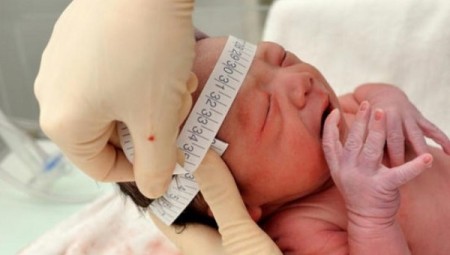
A pregnant woman in Australia has been confirmed to have contracted the Zika virus after having returned from a family vacation.
The Queensland woman is the third person to have tested positive for Zika in Australia following a child, who had returned from Samoa and a woman, who returned from a holiday in El Salvador, both diagnosed last week.
The virus has been linked to microcephaly in Brazil, where there have been nearly 4,000 cases of the condition and 1.5 million cases of the Zika virus, prompting the World Health Organisation to declare an international emergency.
The Australian government has issued a travel warning recommending that women who are pregnant or actively seeking to get pregnant postpone travel to countries affected by the Zika outbreak until the link between Zika and microcephaly is understood. That includes most of Central and South America as well as some Pacific Islands like Samoa and Tonga.
Professor Cameron Simmons from the Doherty Institute for Infection told reporters in Australia that it was possible microcephaly, an extremely rare condition that was not monitored in South America before the Zika outbreak, was not connected, but it was also possible that the connection had not been picked up in previous outbreaks.
There were four reported cases of Zika in Queensland in 2015 (the woman who returned from El Salvador contracted the disease before the New Year but was diagnosed last week) and seven in 2014. A spokeswoman from Australia’s Department of Health said that in all cases the virus had been contracted overseas.
The virus is transferred by the bites of Aedes mosquitoes, primarily Aedes aegypti, the species also responsible for transmitting dengue in far north Queensland. None of the three people infected have travelled to that area. The health department will begin “enhanced testing” in Townsville, which is home to the problem mosquitos, next month.
Queensland health minister, Cameron Dick, said on Friday that the cases showed the state’s Zika detention system was working and warned it was likely more people would be infected.
“I expect that there will be more positive tests in Queensland – we need to be ready for that,” he said.
There have been 23 cases of Zika reported in Australia since 2012, all contracted overseas.









